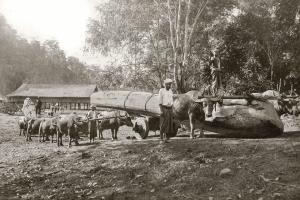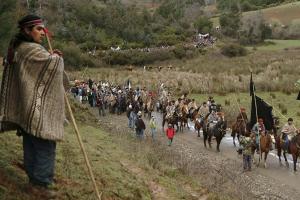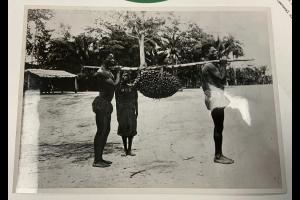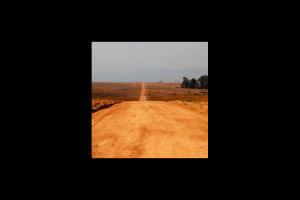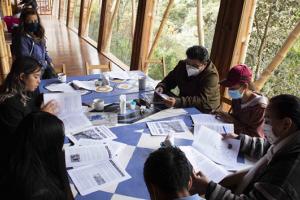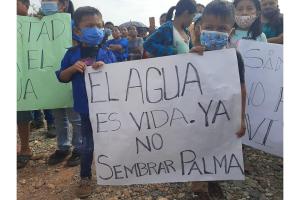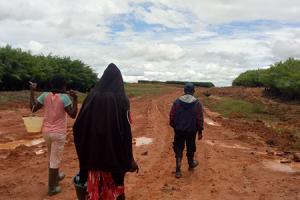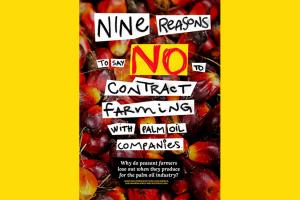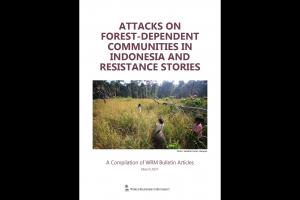Palm Oil
The oil palm tree is native to West Africa. It is an important tree for forest-dependent communities, their cultures and their economies. However, large-scale oil palm monocultures for industrial production (oil and agrofuels) have been driving deforestation and land grabbing in Southeast Asia. More recently, oil palm monocultures are also driving destruction in Africa and Latin America.
One of the main causes of deforestation in Mesoamerica is the expansion of oil palm monoculture. An exchange of experiences brought together representatives from indigenous and peasant communities to coordinate their resistance.
The Palmas del Ixcán company has used multiple tactics to grab land, as well as a deceptive RSPO certification process and the use of “independent producers.” Despite criminalization of communities, their resistance grows ever stronger.
Oil palm company Socfin has meant oppression for affected communities. Yet, women have to confront another patriarchic system. Paramount Chiefs are the custodian of the land according to customary law, which often give men decision-making and ownership power over land.
Oil palm plantations are one of the most unsafe spaces for women, not only because of their vulnerable working status packed with injustices and precarities, but also because of the potential for sexual violence and harassment. (Available in Indonesian).
The Sangha region is entirely under the control of three concessions that have colonial origins and continue to deploy guards against the forest inhabitants to prevent them using their ancestral lands.
Why do peasant farmers lose out when they produce for the palm oil industry? A publication based on experiences from Latin America, sub-Saharan Africa and Southeast Asia.
WRM Bulletin Compilation. Available in English and Indonesian.

